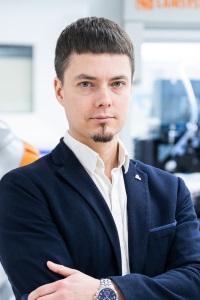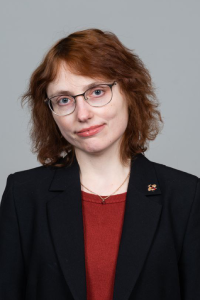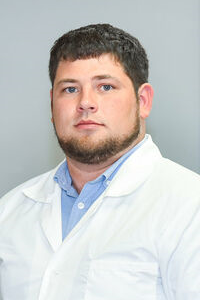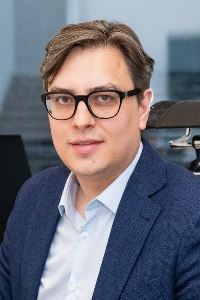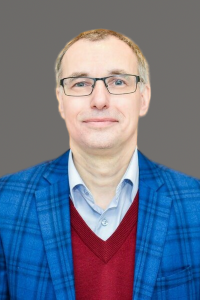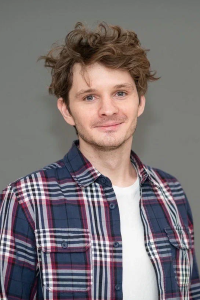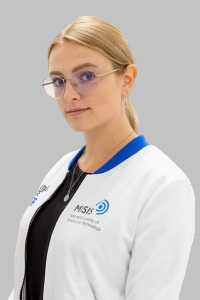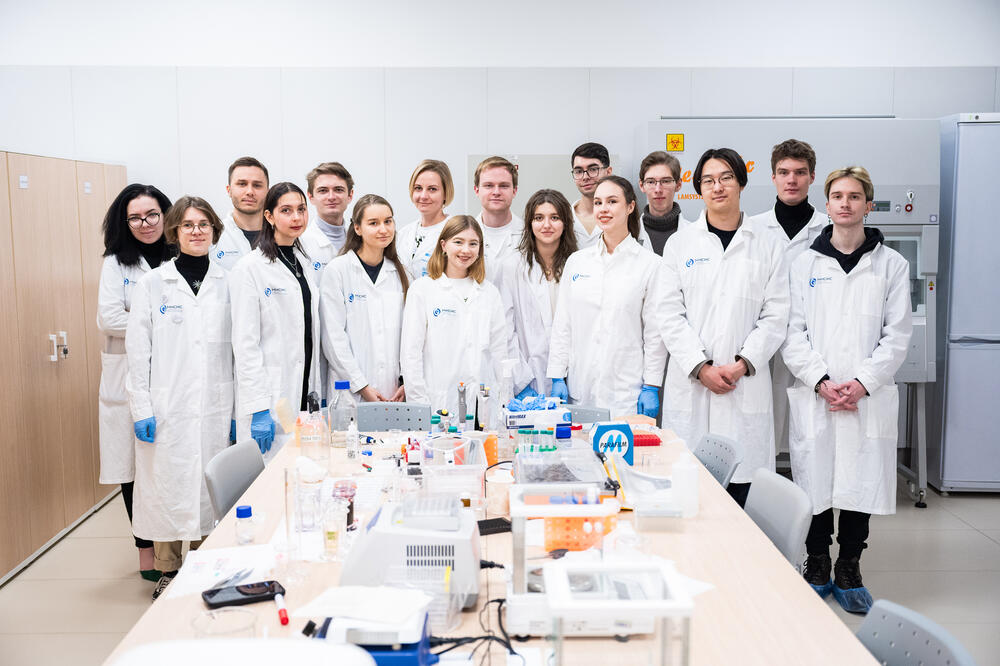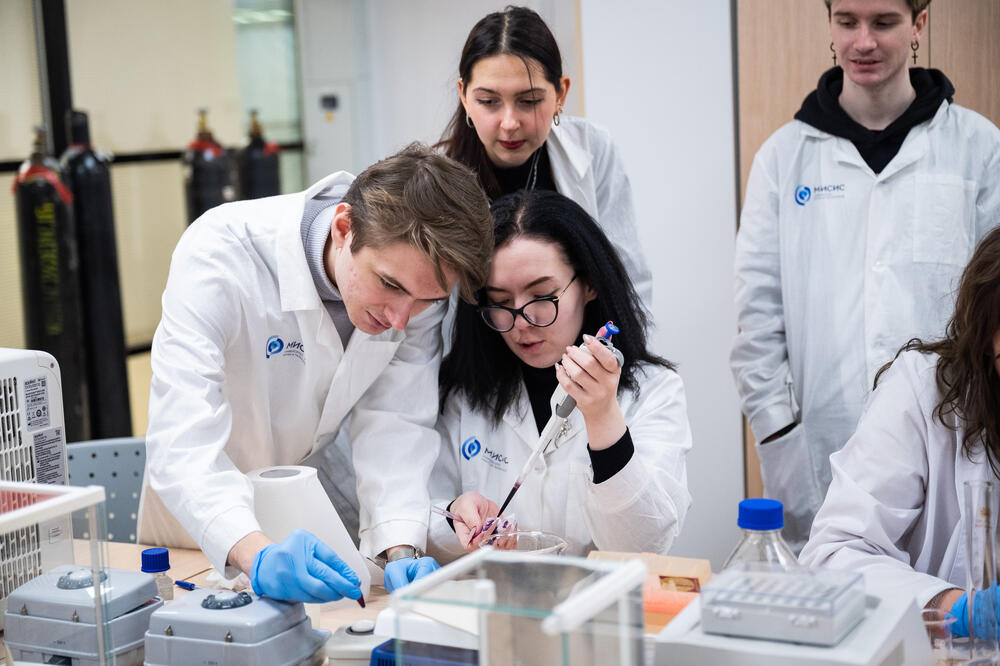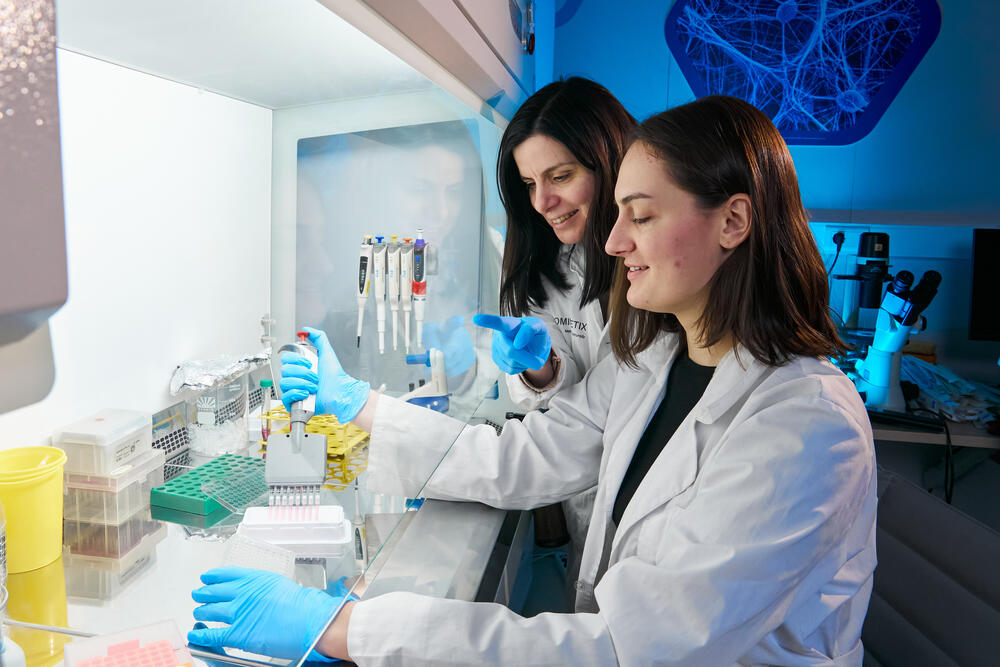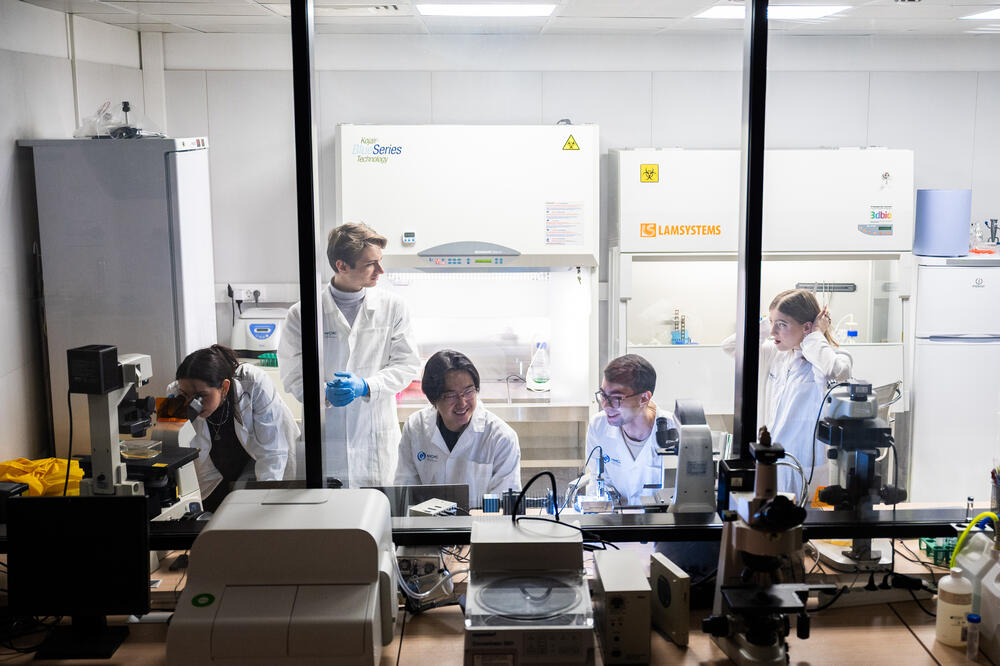Engineering Biotechnology
Biotechnology is one of the fastest-growing fields in modern science. This track trains multidisciplinary bioengineers who can develop and implement innovative solutions for biomedicine and pharmaceuticals. Students will learn to create technologies of the future: organ 3D printing, biocompatible wound-healing materials, smart prosthetics, and biomedical drugs. You’ll gain skills in materials science, biology, engineering, and IT. From the first year, students participate in real projects led by practicing biotechnologists, biomaterials scientists, biophysicists, pharmacologists, biochemists and microbiologists. Graduates of the track are in demand both in startups and in large corporations.
Duration of the program: 4 years. Full-time education in Russian.
